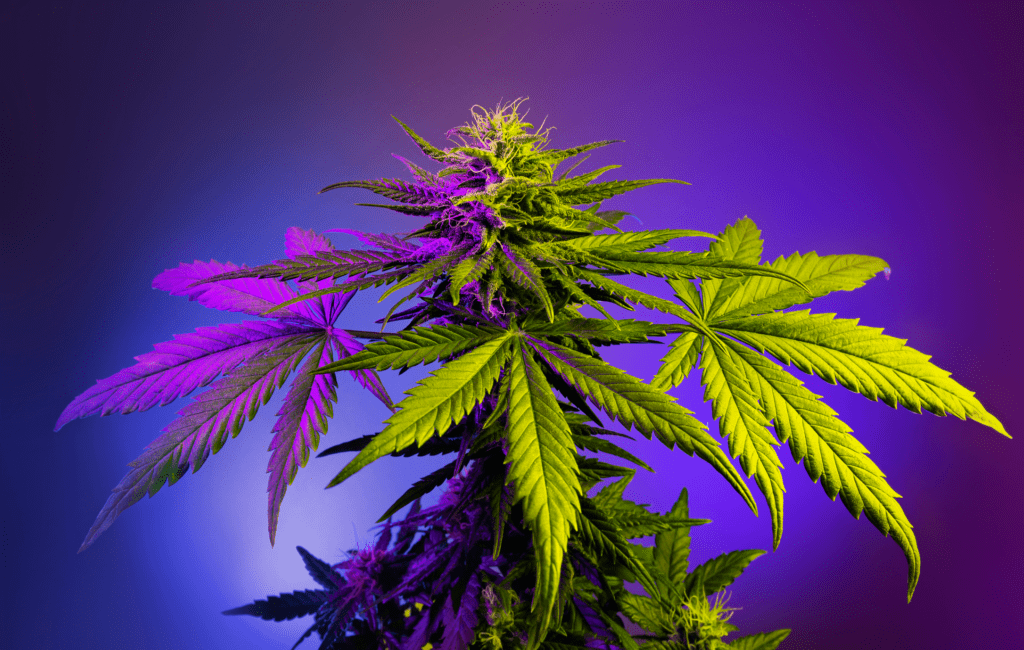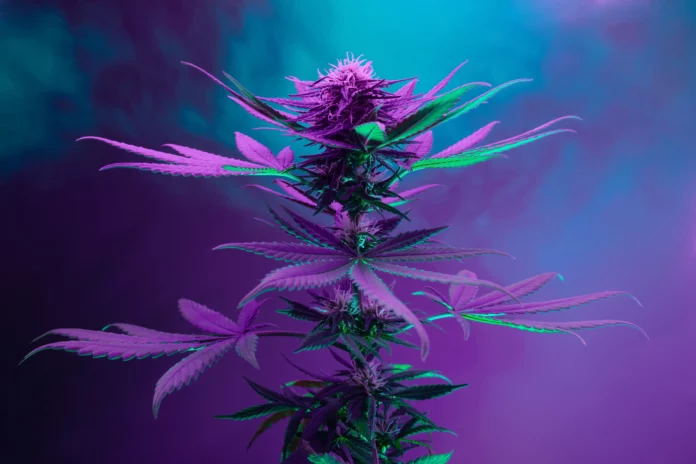The worlds of natural wellness and therapeutic interventions are witnessing a fascinating convergence, with substances like CBD and psychedelics emerging as potential game-changers in modern health practices. While both have been known and used in various capacities for years, their combined potential in therapeutic settings is a relatively uncharted territory. This article delves into the intricate dance between CBD and psychedelics, exploring their individual and combined impacts on brain function, therapeutic synergies, and the broader ethical and legal considerations that accompany their use.
How CBD and Psychedelics Influence Brain Function
In the vast realm of natural wellness, people often ask about easy fixes, like the role of veggie supplements for gut health, or proprietary blends of whole food supplements when considering alternative options for their own personal wellness goals. However, while many nutritional and dietary supplements claim to offer a large range of potential health benefits, the unique properties of CBD oil and certain psychedelics have garnered significant attention in recent years. Both have shown potential in influencing brain function, albeit in different ways, making their interplay a topic of keen interest among researchers and health enthusiasts alike.
CBD oil, particularly in its pure form as CBD isolate oil or isolate CBD oil, interacts with the body’s endocannabinoid system (ECS). This system plays a pivotal role in regulating various physiological processes, including mood, pain perception, and cognitive functions. By modulating the activity of specific receptors within this system, CBD can potentially offer therapeutic benefits, ranging from anxiety relief to neuroprotection.
On the other hand, psychedelics, such as LSD or psilocybin, primarily affect serotonin receptors in the brain. By doing so, they can profoundly alter perception, mood, and various cognitive processes. When combined with the overall balancing effects of CBD, there’s potential for a harmonized exponential impact on brain function, though more research is needed to fully understand the nuances of this interaction.
It’s also worth mentioning that beyond their direct neurological effects, both CBD and psychedelics have implications for overall wellness when considered as part of a broader regimen of food supplements too. A healthy diet, enriched with essential vitamins and digestive enzymes, lays the foundation for optimal brain health. When dietary supplements are introduced into this mix, they can potentially enhance the brain’s resilience and adaptability.

There are many brands out there for these, but we’d recommend a trusted brand with 3rd-party quality assurance testing. If you’re wondering what is comparable to Balance of Nature, for example, you’re bound to find a capsule form veggie supplement alternative that is just as good, if not better. Overall, the combined influence of a nutrient-rich diet, CBD, and psychedelics might offer a holistic approach to mental and physical well-being, paving the way for innovative therapeutic strategies in the future.
Therapeutic Synergies: Combining CBD with Psychedelics for Enhanced Healing
The world of natural wellness is continuously evolving, with researchers and practitioners alike delving deeper into the potential synergies between various compounds. The combination of CBD and psychedelics, two substances that have individually shown promise in therapeutic applications, is a burgeoning area of interest. While both have distinct mechanisms of action, their confluence might offer a unique and potent approach to mental and emotional healing.
CBD, whether derived from full-spectrum sources or as a broad-spectrum extract, has been lauded for its anti-inflammatory, anxiolytic, and neuroprotective properties. Its ability to modulate the endocannabinoid system provides a balancing effect, potentially mitigating some of the more intense experiences associated with psychedelic substances.
Psychedelics though have been shown to induce states of heightened introspection, emotional release, and cognitive flexibility. In therapeutic settings, substances like psilocybin or ayahuasca have been used to address deep-seated traumas, refractory depression, and other mental health challenges. When CBD is introduced into this therapeutic milieu, it may act as a stabilizer, ensuring that the psychedelic experience remains both profound and manageable for the individual.
The potential of this combination extends beyond just mental health. There’s growing interest in how the duo might influence physical well-being. For instance, the anti-inflammatory properties of CBD, combined with the introspective states induced by psychedelics, could offer a holistic approach to pain management, where both the physical symptoms and the emotional toll of chronic pain are addressed. As the scientific community delves deeper into these synergies, it’s crucial to approach with caution, ensuring that any combined therapeutic strategies are both safe and effective for the individuals they aim to help.
Navigating the Ethical and Legal Landscape for Modern Therapies
The resurgence of interest in psychedelics and the widespread acceptance of CBD present both opportunities and challenges within ethics and legality. As these substances become more mainstream in therapeutic contexts, it’s imperative to address the multifaceted implications of their use, ensuring that individuals have safe, informed, and equitable access.
Historically, many psychedelics faced stringent legal restrictions, largely due to concerns about their potential for misuse and the cultural stigmas attached to them. However, recent scientific investigations have illuminated their therapeutic potential, leading to a reevaluation of their legal status in various jurisdictions.
For instance, certain cities in the U.S. have decriminalized the use of psilocybin, recognizing its potential benefits in mental health treatments. CBD, while enjoying a more favorable legal status in many places due to its non-psychoactive nature, still faces regulatory challenges, particularly concerning its production, distribution, and marketing. As these substances gain traction in therapeutic settings, it’s crucial to establish clear legal frameworks that prioritize patient safety and ensure quality control.
Ethically, the integration of CBD and psychedelics into modern therapies demands a nuanced approach. Practitioners must be adequately trained to guide individuals through potentially intense experiences, ensuring that they are both physically and mentally prepared. Informed consent, a cornerstone of ethical medical practice, becomes even more critical, with individuals needing comprehensive understanding of potential risks, benefits, and alternatives. Additionally, as research progresses, there’s a responsibility to ensure that studies are conducted with integrity, transparency, and a commitment to the well-being of the participants.
As the boundaries of traditional and alternative therapies blur, the onus is on researchers, policymakers, and practitioners to navigate this evolving landscape with care, ensuring that the potential of CBD and psychedelics is harnessed responsibly and ethically for the betterment of society overall.
Final Thoughts
The exploration of CBD and psychedelics in modern therapies offers a promising avenue for holistic healing, potentially revolutionizing how we approach mental, emotional, and even physical health benefits. As we stand on the cusp of what might be a new era in therapeutic interventions and nutritional supplements, it’s imperative to tread with caution, ensuring that scientific rigor, ethical considerations, and legal frameworks guide our journey. By doing so, we can harness the full potential of these natural compounds, offering individuals more comprehensive and nuanced pathways to health and healing.
